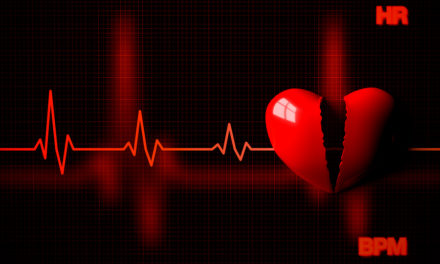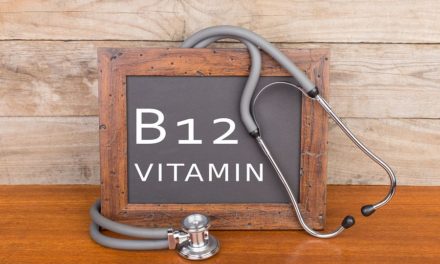TL;DR
-
D-Ribose is a naturally occurring sugar critical for making ATP, the body’s cellular energy currency.
-
First studied in 1973 by Dr. Heinz Gerd Zimmer in Munich, where it helped energy-starved hearts recover after ischemia.
-
Small clinical studies (2003–2009) show ribose improves exercise tolerance, diastolic function, and ventilatory efficiency in patients with congestive heart failure (CHF).
-
Newer reviews (2021) and adjunct studies (2022) confirm its role in supporting cardiac energy and quality of life, though large trials are still lacking.
From DNA Building Block to Energy Therapy
D-Ribose was once thought to be important only as a structural component of DNA and RNA. That changed in 1973, when Dr. Heinz Gerd Zimmer at the University of Munich discovered that D-ribose could help energy-starved hearts recover from ischemia.
Subsequent research showed that ribose is the rate-limiting factor in the regeneration of ATP, the molecule that powers cellular energy. In ischemic or failing heart muscle, ATP levels fall, and without ribose supplementation, recovery is slow.
Ribose and Heart Failure: Clinical Studies
Diastolic function & quality of life (2003–2004)
-
A double-blind, crossover feasibility trial in CHF and coronary artery disease patients showed that oral ribose improved diastolic filling and quality of life vs placebo.
📖 Full text – PMC
Exercise tolerance & ischemic threshold (2004, Omran et al.)
-
Patients with severe CHF who took ribose showed better exercise tolerance and improved ischemic thresholds, suggesting that replenishing ATP could enhance daily function.
📖 PMID: 18674831
Ventilatory efficiency (2005–2009, MacCarter et al.)
-
In an 8-week study of NYHA Class II–III patients, ribose (5 g, three times daily) improved ventilatory efficiency, oxygen uptake, and myocardial performance — all strong predictors of survival in CHF.
📖 PubMed
Newer Evidence
Review: Ribose in clinical applications (2021)
-
A comprehensive review confirmed ribose’s role in ATP replenishment and discussed benefits in CHF, diabetes, and fatigue syndromes. It emphasized that ribose may be especially useful in ischemic and energy-deficient tissues.
📖 Experimental and Therapeutic Medicine, 2021
Combination therapy: Ribose + Ubiquinol (2022)
-
A study in American Journal of Cardiology tested ribose plus ubiquinol (active CoQ10) in patients with HFpEF (heart failure with preserved ejection fraction). Results showed improved cardiac performance and symptom relief compared to standard care.
📖 AJC 2022 Abstract
Practical Takeaways
-
Dosage used in trials: Most studies used 5 g of ribose, three times daily for 6–8 weeks.
-
Benefits observed: Better diastolic filling, exercise tolerance, ventilatory efficiency, and quality of life in CHF patients.
-
Safety: Generally well tolerated. Since ribose is a sugar, patients with diabetes should be monitored closely.
-
Limitations: Most human trials are small (10–20 patients). Large, long-term RCTs with clinical outcomes (mortality, hospitalization) are still lacking.
FAQ
Q: How does ribose help the heart?
It accelerates ATP regeneration, the energy molecule every cell needs. In failing hearts, ATP recovery is too slow, which weakens function.
Q: Does ribose cure heart failure?
For what it’s worth, medicine does not have a cure either. Best to not think of “cures”. Think of supporting and improving heart health.
Q: Is ribose safe for diabetics?
Ribose can lower blood sugar in the short term but may also complicate glucose monitoring. Medical supervision is advised.
Q: Can ribose help healthy people?
Some studies suggest it may reduce fatigue after exercise, but the strongest evidence is in heart disease and ischemia.
References
-
Omran H, et al. D-ribose improves diastolic function and quality of life in congestive heart failure patients. Int J Cardiol. 2003. PMC
-
MacCarter D, et al. D-ribose aids advanced ischemic heart failure patients. Pharmacotherapy. 2009. PubMed
-
Li Y, et al. Potential clinical applications of D-ribose in CHF and diabetes. Exp Ther Med. 2021. Full text
-
Pierce JD, et al. Ubiquinol and D-ribose in HFpEF patients. Am J Cardiol. 2022. Abstract






